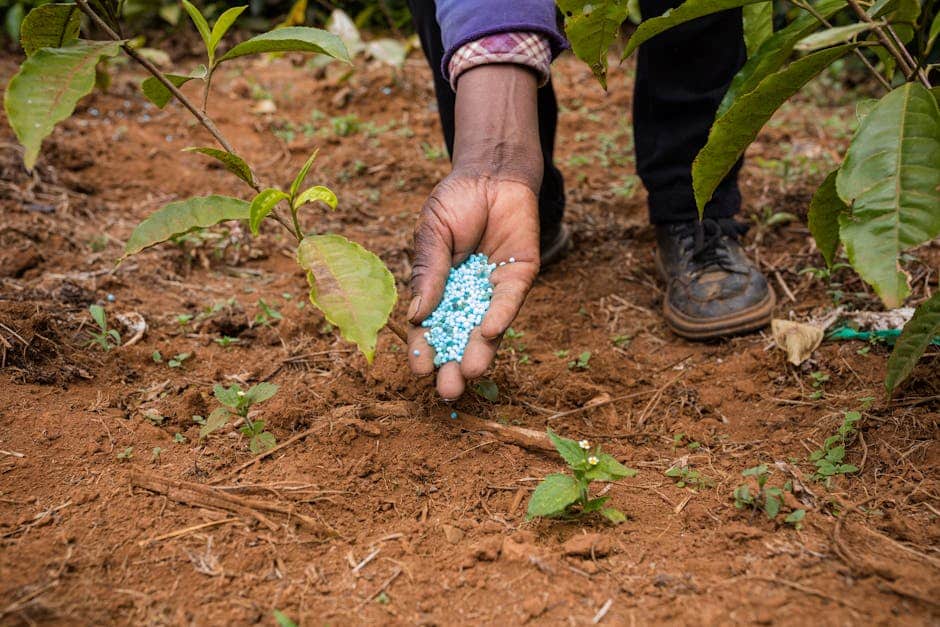Can Dog Poop Go in a Compost Bin?
Yes, dog poop can indeed be composted. However, it is essential to follow specific guidelines and techniques to ensure that the composting process is done correctly and safely. Composting dog waste can be an eco-friendly and sustainable solution for pet owners, but it requires careful attention to eliminate pathogens and create nutrient-rich compost.
Composting Methods for Dog Waste
There are two primary methods for composting dog waste: the hot compost method and the vermicompost method.
Hot Compost Method
The hot compost method involves layering “green” materials, such as food scraps, grass clippings, coffee grounds, and dog poop with “brown” materials like fallen leaves, sawdust, shredded newspaper, and straw. By regularly turning the pile and ensuring it reaches a temperature of 145ºF for several days, this method effectively destroys pathogens.
Vermicompost Method
The vermicompost method utilizes redworms and microorganisms to decompose the dog waste and create nutrient-rich compost. By creating a dedicated compost bin for dog poop and mixing it with carbon-rich materials like dried leaves, shredded paper, wood chips, and sawdust, it is possible to achieve safe and effective composting.
Steps for Safe Dog Waste Composting
For those interested in composting dog waste at home, it is vital to follow a set of guidelines to ensure safety and optimal composting conditions. Here are the steps to compost dog poop safely:
- Inspect the dog poop and remove any rocks or foreign objects.
- Consider using compostable bags or designate a specific area for dog waste.
- Use a dedicated compost bin for dog poop to avoid cross-contamination.
- Mix dog waste with carbon-rich materials like dried leaves, shredded paper, wood chips, and sawdust.
- Aim for a carbon-to-nitrogen ratio of 1:2 to create a balanced compost mixture.
- Maintain an optimal temperature range of 130 to 170 degrees Fahrenheit to aid in the breakdown of waste.
- Regularly turn the compost to aerate the materials and distribute heat evenly.
- Avoid composting dog waste from infected or medicated dogs.
- If composting is not feasible, consider alternative methods like industrial composting or professional pick-up services.
- Always wear gloves when handling dog waste and wash hands thoroughly afterward.
- Use the resulting compost only for ornamental plants and avoid using it on edible crops.
By following these steps, pet owners can compost dog waste safely and contribute to a more sustainable waste management system.
Considerations and Precautions
While composting dog waste can be beneficial, there are a few considerations and precautions to keep in mind:
- Do not add dog waste to a conventional compost pile that is used for vegetable gardens or fruit-bearing plants, as it may contain harmful pathogens.
- Ensure that the composting process reaches the necessary temperatures to destroy pathogens effectively.
- Avoid composting waste from infected or medicated dogs, as it can introduce harmful substances into the compost.
- If composting at home is not feasible, explore alternative methods like industrial composting or professional pick-up services.
Conclusion
Composting dog poop can be a sustainable way to manage pet waste, reducing the environmental impact and creating nutrient-rich compost. Whether using the hot compost method or the vermicompost method, following the proper guidelines and precautions is crucial for safe and effective composting. By composting dog waste responsibly, pet owners can play their part in promoting a greener and more sustainable future.
Related Websites:
FAQs:
Q: What are the environmental benefits of composting?
Composting helps divert organic waste from landfills, reducing greenhouse gas emissions. It also creates nutrient-rich soil that improves plant growth and reduces the need for chemical fertilizers.
Q: What are the essential components for successful composting?
Successful composting requires a balance of carbon-rich ‘browns’ (e.g., leaves, twigs) and nitrogen-rich ‘greens’ (e.g., grass clippings, kitchen scraps), along with proper aeration and moisture.
Q: Why should I use a compost bin for composting?
Compost bins help contain and accelerate the decomposition process, prevent odor and pest issues, and provide a convenient and organized space for composting.
Q: Can dog poop go in a compost bin?
No, dog poop should not be composted in a regular compost bin due to potential health risks. It is recommended to explore specialized dog waste composters or designated waste areas for proper disposal.
Q: What should I consider when composting dog poop?
When composting dog poop, it is important to handle and sanitize it properly to minimize health risks. Consider specialized dog waste composters, separate from regular compost, and ensure proper hygiene practices.






